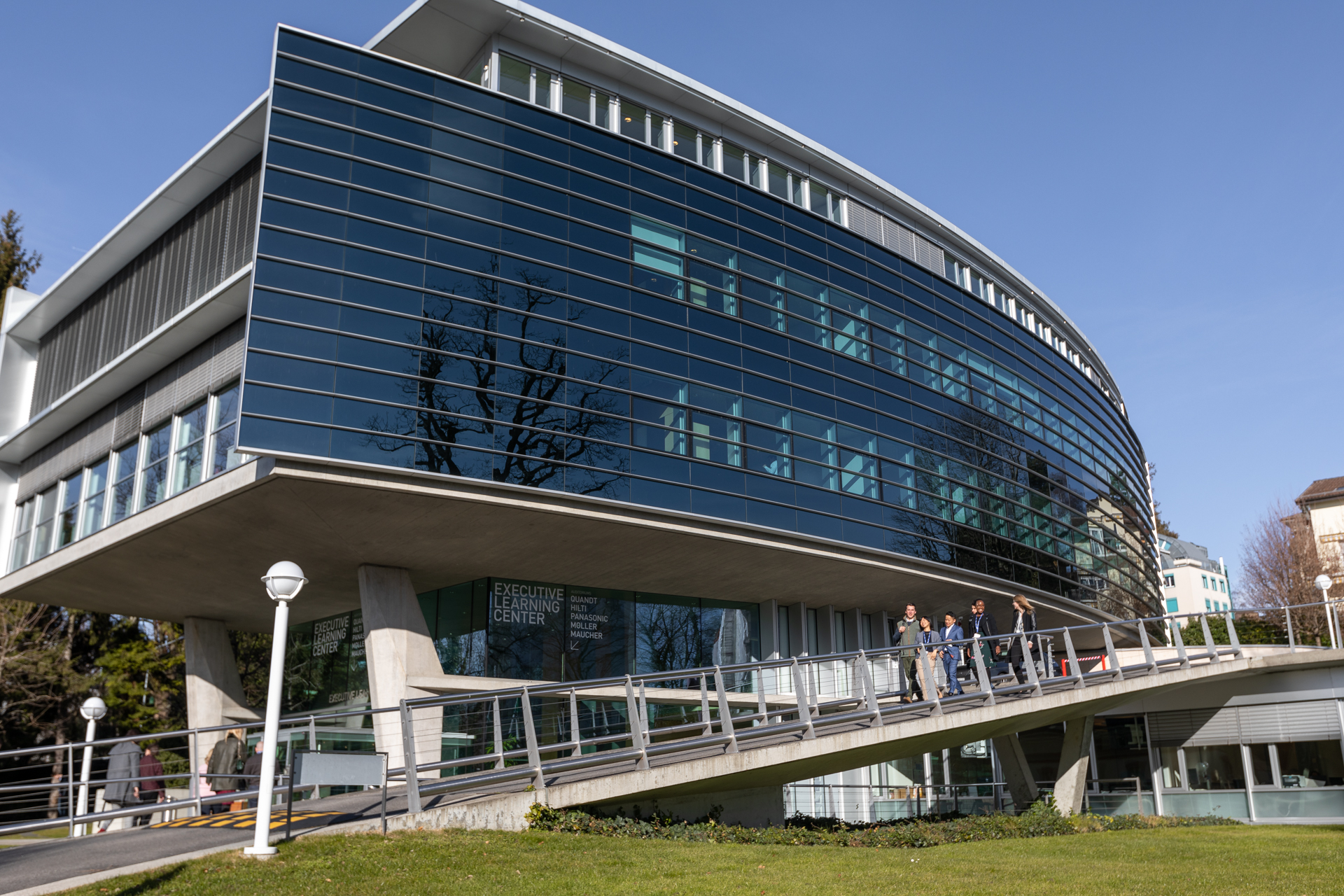Delhi experienced scorching temperatures on Sunday, surpassing the season’s average by three notches, according to the India Meteorological Department (IMD). The maximum temperature in the city reached a sweltering 42.9 degrees Celsius, causing discomfort for residents. The relative humidity fluctuated between 25% and 74%, adding to the oppressive conditions.
 Met Office’s Alarming Report: Delhi’s Sunday Temperature Soars, Exceeding Seasonal Average
Met Office’s Alarming Report: Delhi’s Sunday Temperature Soars, Exceeding Seasonal Average
The night temperature offered little respite, settling three notches below normal at 24 degrees Celsius, as reported by the IMD. The weather department further cautioned about the prevailing heatwave conditions in isolated areas on Monday, accompanied by partly cloudy skies. Additionally, strong surface winds with speeds ranging from 25 to 35 kilometers per hour were anticipated throughout the day.
The forecast for Monday indicated a maximum temperature of 43 degrees Celsius and a minimum temperature of 26 degrees Celsius. The scorching heatwave persisted, making it essential for individuals to take necessary precautions and stay hydrated to combat the oppressive weather.
The preceding day witnessed a minimum temperature of 23.2 degrees Celsius and a maximum temperature of 40.4 degrees Celsius in the national capital. The rising temperatures have become a cause for concern as they surpass the usual range for this time of year, making it imperative for authorities and residents to be vigilant and prioritize measures to mitigate the effects of the heatwave.
The prolonged period of high temperatures has an adverse impact on various aspects of daily life, including health, agriculture, and overall well-being. It becomes crucial to implement strategies to cope with the heatwave and safeguard against its potential consequences. Public awareness campaigns and initiatives promoting heat safety guidelines can play a significant role in educating individuals on preventive measures.
In such extreme weather conditions, it is advised to stay indoors during peak daytime hours and limit outdoor activities to early mornings or evenings when temperatures are relatively lower. Wearing lightweight and breathable clothing, using sun protection measures such as sunscreen and hats, and staying well-hydrated are crucial in minimizing the risk of heat-related illnesses.
The impact of soaring temperatures extends beyond human health. The agricultural sector, particularly crop cultivation, faces challenges due to excessive heat and water scarcity. It is essential for farmers to adopt appropriate irrigation techniques and crop management practices to mitigate the adverse effects of heat stress on their produce.
Furthermore, the local authorities and civic bodies must take measures to ensure the availability of adequate water supply, especially in areas prone to water scarcity. Awareness campaigns emphasizing water conservation and efficient water usage should be promoted to encourage responsible consumption and reduce wastage during such critical times.
In conclusion, Delhi’s soaring temperatures, surpassing the seasonal average, pose significant challenges for residents and the overall ecosystem. By remaining vigilant, implementing necessary precautions, and promoting awareness about heat safety, the community can collectively mitigate the impact of the heatwave and ensure the well-being of its residents. It is crucial to prioritize strategies that address both short-term relief and long-term adaptation to combat the adverse effects of rising temperatures, safeguarding the city’s residents and its sustainability.
Delhi Sees Scorching Heatwave: Mercury Soars Above Seasonal Average
Delhi, the capital city of India, experienced a blistering Sunday as temperatures soared well above the seasonal average. The India Meteorological Department (IMD) reported that the maximum temperature in Delhi reached a scorching 42.9 degrees Celsius, surpassing the expected average by three notches. This sudden surge in temperature has caused discomfort and concern among residents, highlighting the need to take necessary precautions.
The relative humidity in the city fluctuated between 25 percent and 74 percent, further adding to the oppressive conditions. To make matters worse, the night temperature settled three notches below normal at 24 degrees Celsius, providing little relief from the sweltering heat in delhi.
Looking ahead, the weather office has forecasted partly cloudy skies for Monday, with heatwave conditions expected at isolated places. Strong surface winds, reaching speeds of 25-35 kilometers per hour, are also predicted during the day. The maximum temperature is anticipated to settle at 43 degrees Celsius, while the minimum temperature is expected to be around 26 degrees Celsius.
The persistent heatwave and soaring temperatures in Delhi raise concerns about the impact on public health, agriculture, and overall well-being. It is crucial for individuals to prioritize their safety and take preventive measures to mitigate the effects of extreme heat. Staying indoors during peak daytime hours and avoiding strenuous outdoor activities can help reduce the risk of heat-related illnesses. Wearing light, breathable clothing, using sunscreen, and staying hydrated are essential practices to beat the heat.
The agricultural sector is also significantly affected by the scorching temperatures. Heat stress can harm crops and contribute to water scarcity, making it vital for farmers to adopt appropriate irrigation techniques and crop management practices. Additionally, local authorities must ensure sufficient water supply, particularly in areas prone to scarcity. Promoting water conservation and efficient usage through awareness campaigns can help tackle the challenges posed by the heatwave in delhi.
As the mercury continues to rise above the seasonal average, it is crucial for both individuals and authorities to remain vigilant. Creating awareness about heat safety measures, implementing sustainable practices, and prioritizing the well-being of residents are crucial steps in mitigating the impact of the heatwave. By collectively working towards heat resilience and adapting to changing climatic conditions, Delhi can strive towards a healthier and more sustainable future.
The rising temperatures in Delhi serve as a reminder of the urgency to address climate change and its effects. Taking proactive steps to reduce greenhouse gas emissions, promoting sustainable practices, and investing in resilient infrastructure can contribute to long-term solutions. Protecting the environment and minimizing the impact of rising temperatures are vital for the well-being of current and future generations.
